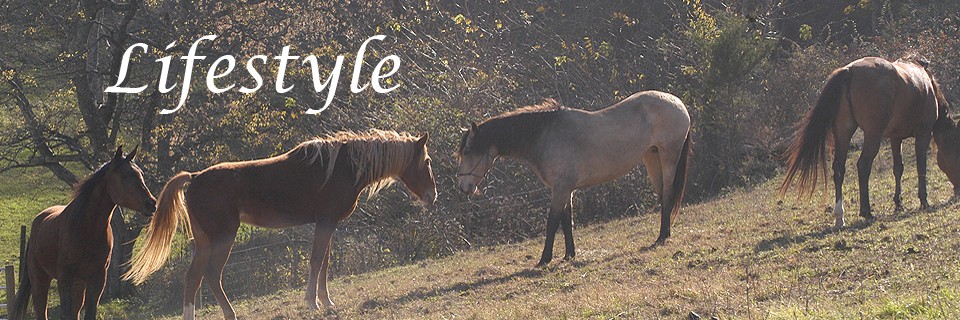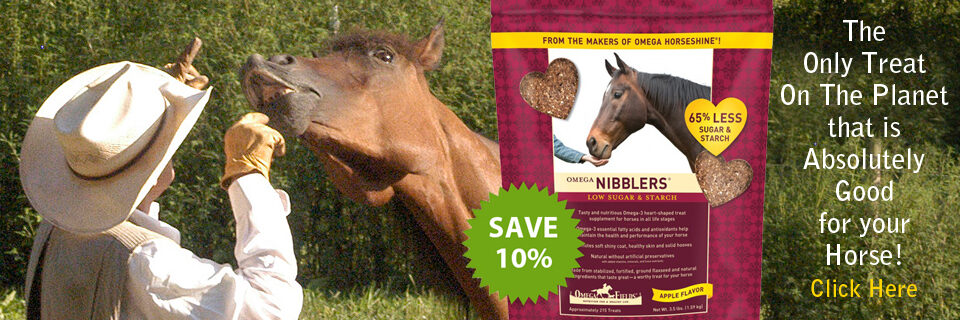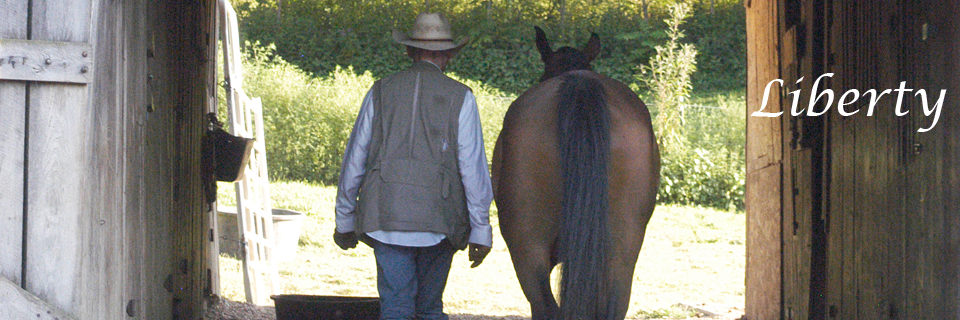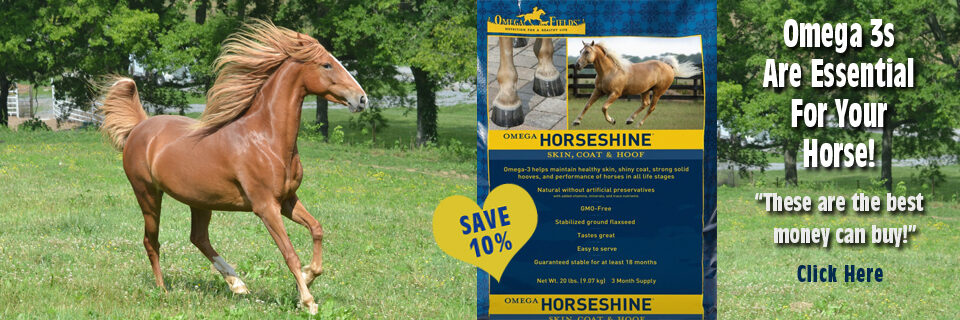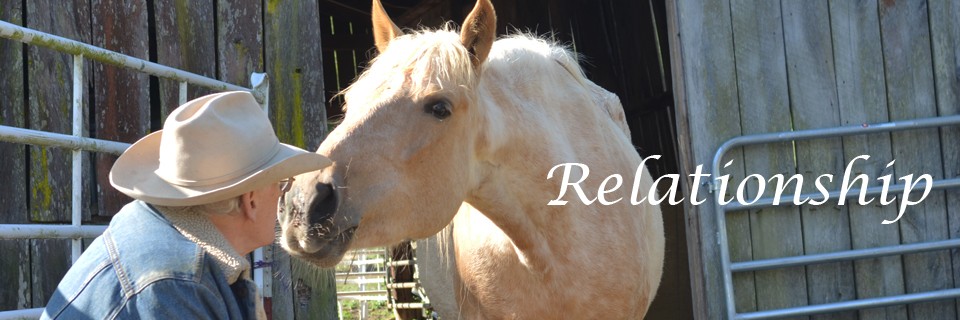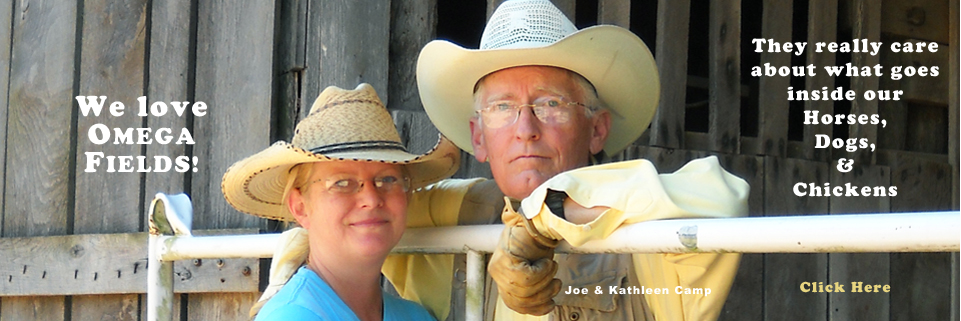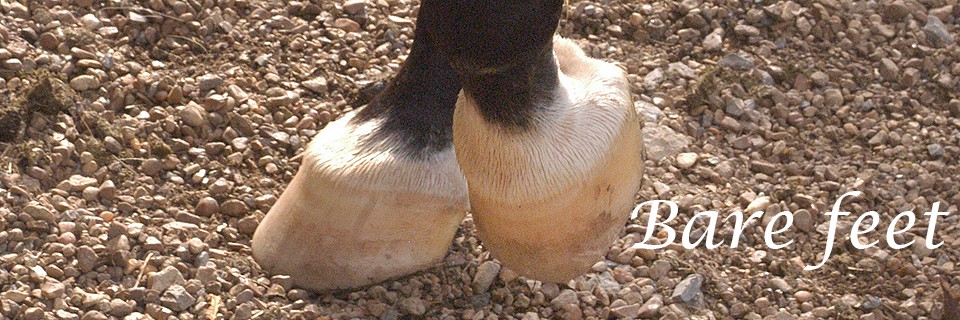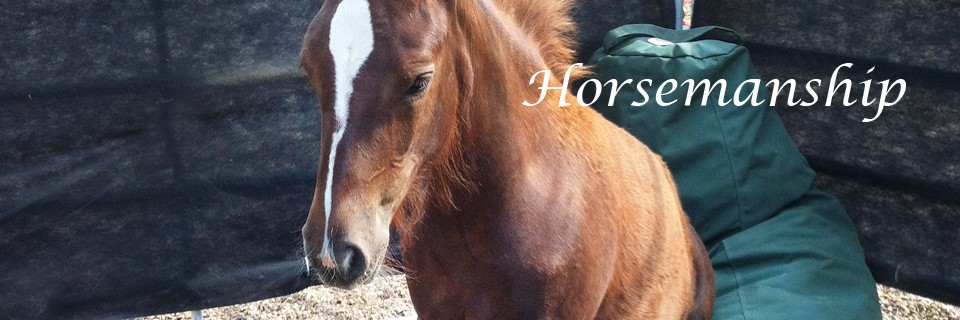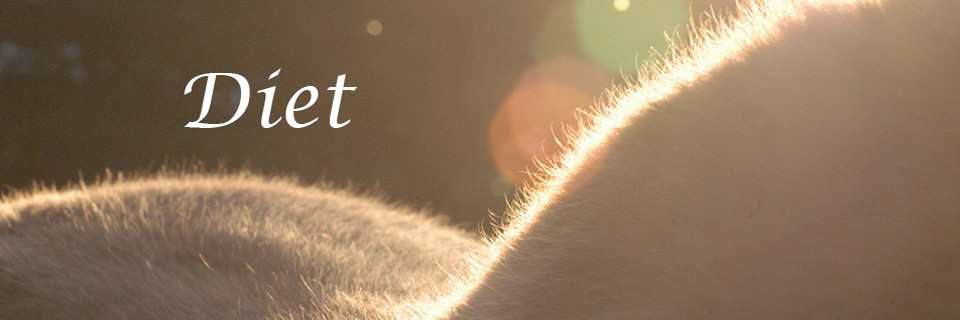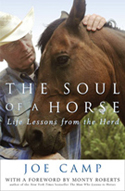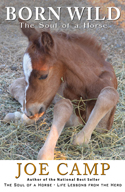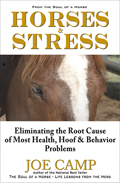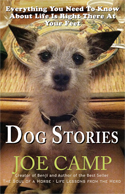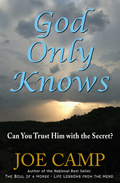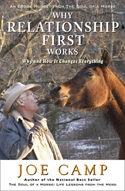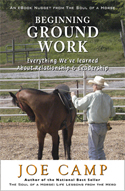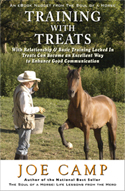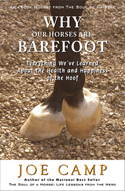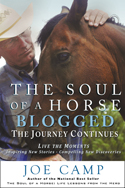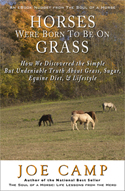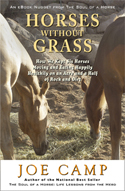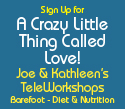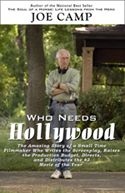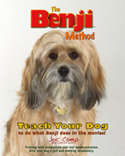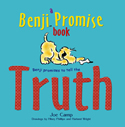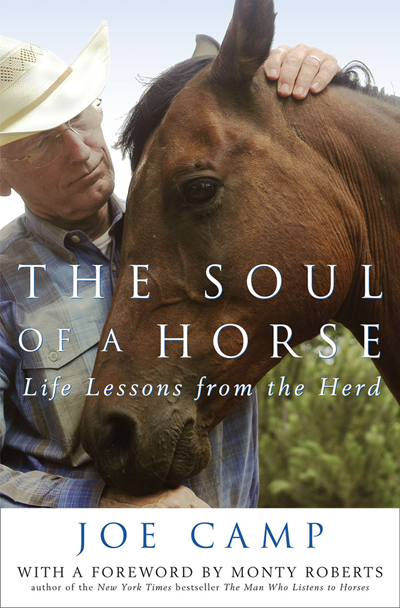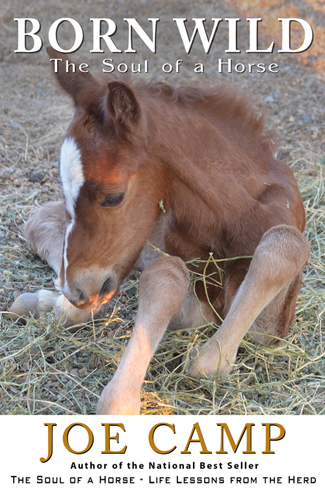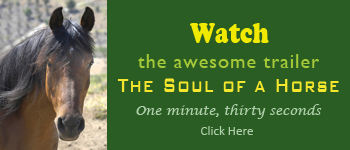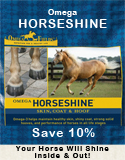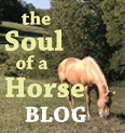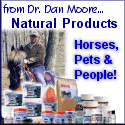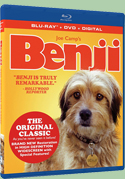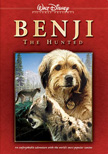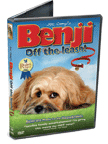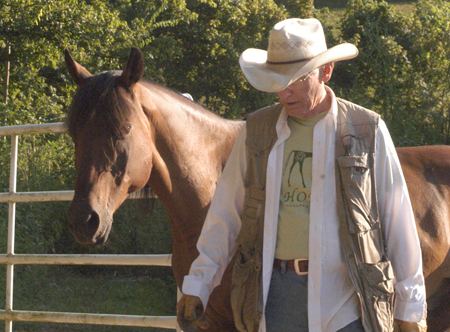
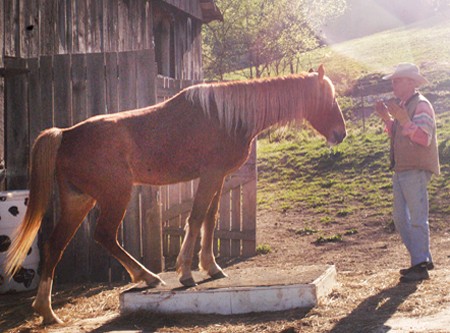
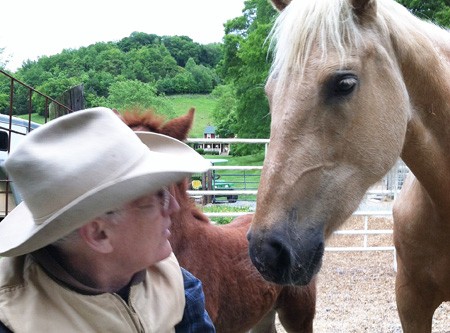
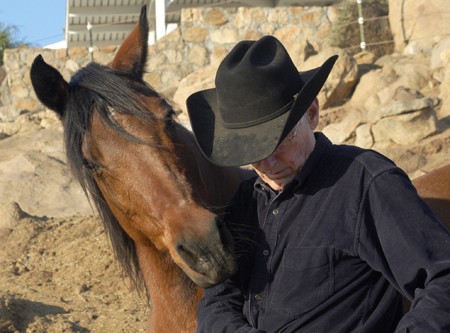
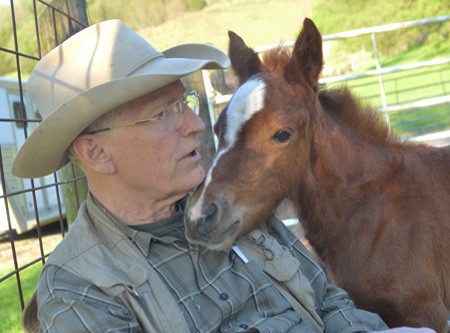
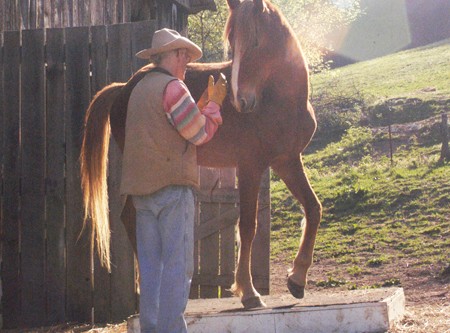
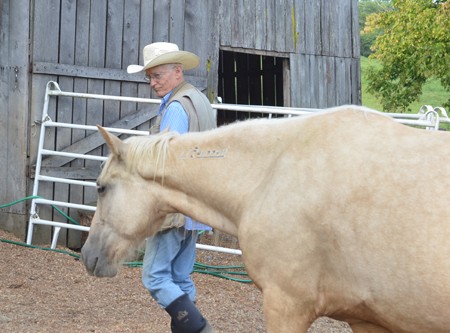
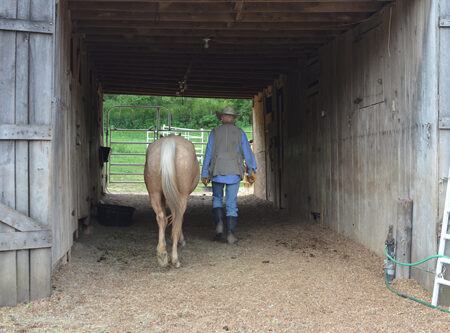
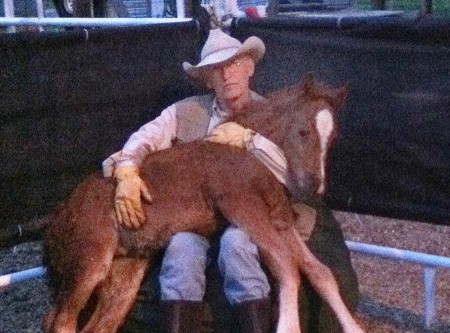
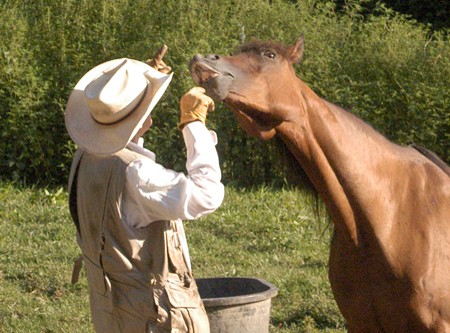
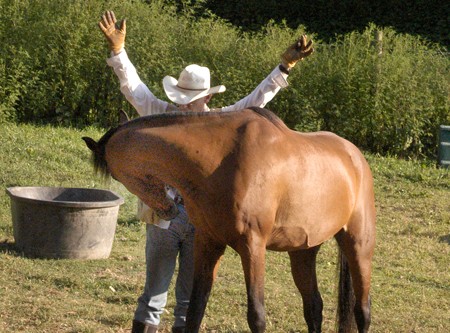
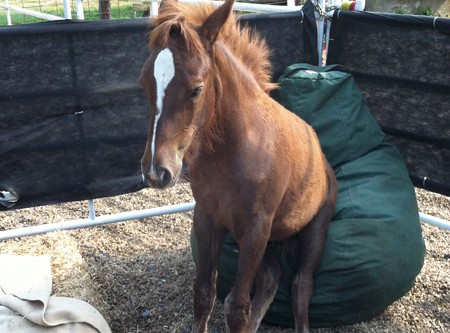
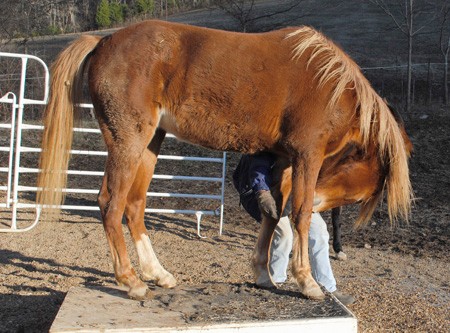
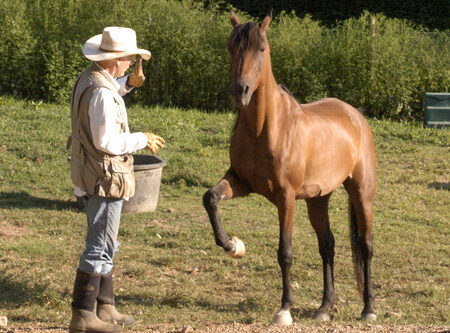
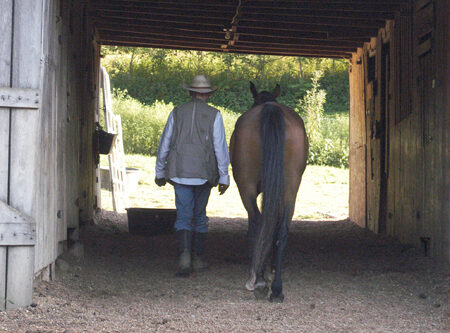
Welcome to the wonderful world of horses. This can be one of the most exciting, rewarding experiences of your life, or one of the most frustrating, scary, even worst experiences in your life. And believe it or not the way it turns out is all up to you.
Below is a sneak peek at Chapter One of my next book: Horses – For Beginners Only.
Why is it for beginners only?
Because you have the opportunity to change the world.
Seriously. You are not bogged down in practices that make no sense, either logically or scientifically. You have the opportunity to meet the horse as a being with feelings and needs before he becomes little more than a tool. Which will most likely cause you to start asking what’s in it for the horse, not just what’s in it for you. And others will follow you. And together you can change the world.
We began our journey of discovery with horses just a few short years ago. I was 68. It seems like yesterday. One day we had no horses and no clue. The next day we had three horses… and no clue. Today, after a great deal of study and research, we have finally chipped away at our cluelessness, but we are still learning every single day. We now have eight horses and we enjoy amazing relationships with all of them. They live out 24/7, are healthy, happy and come whenever they’re called by name. They wear no shoes and have none of the diseases, ills, or behavior vices that plague so many horses today. Their diets consist of what they are genetically designed to eat. We play and work with our herd completely at liberty, almost never resorting to the use of halters and lead ropes. And never bits in the mouth.
For several years I have been saying that getting your relationship right with your horse is the first and single most important piece of the puzzle because when the relationship is right everything else changes. Everything!
But now I’ve come to believe that my relationship first philosophy is not entirely correct. Because even before relationship should come three very important items. I have asked hundreds of horse owners what should come first? Before anything? And not once has anyone ever said… knowledge. Can you believe it? I can, because we were no different in the beginning. I can’t even imagine what we were thinking. Oh, we were asking about stalls, and diet, and halters and saddles. But not once did it ever occur to us to gather knowledge about the beasts themselves. What makes them tick? What makes them who they are? What is stress to them? Why are they wearing these metal shoes nailed to their feet? What they are seeking in a relationship? And why? And not once did it occur to us that the answers to such questions could have huge impact on the health and happiness of our new horses and on our relationship and how hard they would try for us. It took us a year and a half to get there. Please don’t make that mistake.
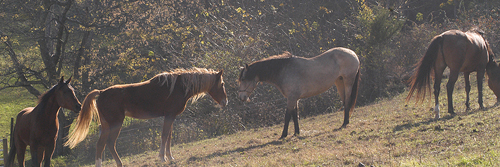
The second thing that should come before relationship is lifestyle. When you gather the knowledge mentioned above you will learn that every horse on the planet is genetically the same. That the horse has evolved for millions and millions of years out in the American west before spreading across the planet, carrying those genetics with him. Genetics that are diametrically opposed to the way most horses are kept and cared for, which causes immense amounts of physical and emotional stress and, in turn, medical, emotional and behavior problems, many of them serious. Do the homework. Get the truthful answers. Or just come meet our herd of eight who have none of these issues. Then you decide and plan for the lifestyle your new horses will live. As with knowledge, your decisions on lifestyle will have major impact on the health and happiness of your horses, and the relationships you have with them.
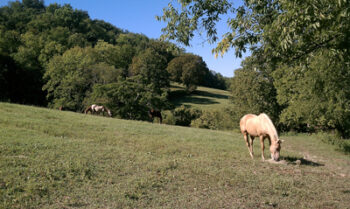
The third thing is diet. Planning the diet of your new horses to, again, mimic as closely as possible what the horses would be doing for themselves if they were living in the wild which, again, is the foundation of their genetic structure. They would not be eating sugar from a bag, or grass loaded with chemical fertilizers, pesticides, herbicides and the like. They would have lots of choices so they could balance themselves, build their immune systems, and be stress free. And they would have access to all the minerals they would be getting in the wild on lands where no human has plowed, planted, and pillaged.
Now, at last, back to Relationship First… or, uhh… fourth.
Leadership is not relationship. Partnership is not relationship.
“Respect” is not relationship.
Relationship does not ease along slowly, getting better and better. It either is or it isn’t.
Relationship with a horse is not based upon love, and snuggles, and hugs and kisses.
It’s based upon trust. Not so much yours, although that is important. But more important is your horse’s trust… of you. Of his own free will. His choice. You cannot force him to trust you. You cannot ride him into trust. You cannot ground-work him into trust. You cannot talk him into it. You have to prove it to him. Or rather, let him prove it to himself.
Why is it this way? Because your horse is a prey animal, a flight animal. Genetically built over millions and millions of years to react first and ask questions later. The most important thing in his life is his survival, thus his safety. Fear ranks over trust. Big time. But this system works for an animal whose only defense is to flee, to run. If it hadn’t worked we would’ve never known the horse. He would be extinct. And odds are your new horse will be coming to you with very different human experiences than you plan to give him, all buried in his psyche, the good, the bad, and the ugly. None of which a horse ever forgets. And because of the way the majority of horses are kept, cared for, and trained, it’s relatively safe to say that former owners somewhere along the line have triggered a few fear responses and he will need time and motivation to realize that he’s now in a different situation, that you are different from anyone he has ever met; that he can start with a clean slate, so to speak.
There are those who might tell you that wild and “domestic” horses no longer have the same genetics. That we’ve bred the wild horse genetics right out of the “domestic” horse. But science tells us that would be impossible. That, unequivocally, it would take a minimum of 5000 years, probably closer to 10,000, to even begin to change the base genetics of any species, including the horse. Yes, the horse that you place in your back yard will be genetically precisely the same as the horse that evolved in the wilds of the American west, and those still living there. Nothing has changed.
Yet one of the first and foremost things a lot of folks set out to teach beginners is to get your horse’s “respect” so that you will be safe. So that your horse won’t hurt you. At first blush that’s a reasonably sane concept. But where there is no relationship of trust, whether these teaching folks choose to tell you this or not, there is always an element of domination involved in an attempt to obtain a “show of respect” from an untrusting fearful horse. Not necessarily physical domination, but, at the very least, mental domination of the horse.
To anyone who doubts this I say throw away your halter and lead rope and then attempt to teach that lesson in “respect” to an untrusting, fearful horse. When you are in relationship, when your horse trusts you, when he has made that decision on his own, you don’t need the halter and lead rope to teach. And respect is a natural byproduct of that trust. Our herd has proven that.
A horse can (and will) freak out over what Pat Parelli calls a sabre-toothed butterfly. Or a rabbit darting across the trail, a plastic bag blowing in the wind, or anything he has never seen before. So rather than gain his trust right from the beginning, so that he knows beyond doubt that you would never lead him into any situation that would be dangerous for him, these teachers would have you force domination over him to get his “respect,” which might make him obey out of fear, but will never cause him to trust you. To be in true relationship with you.
Even something so seemingly innocuous as a little jerk on a lead rope can evoke a fear response from a horse. A fear response that the horse will not forget. Their memories are forever. Literally. I could’ve been away from my Cash for five years and come back and he would’ve remembered my every word, every gesture, every request, and every behavior. The same is true with all our horses. So, as Doctor Robert Miller says, you are always teaching the horse. Whether it’s something good, or something bad. My philosophy is to never ever do anything with a horse that could possibly evoke a fear response. Fear of me is not something I want in any horse’s memory bank.
But know this: when the horse chooses to trust you, of his own free will, everything changes. Seriously, everything. He will become a willing partner who will never stop trying for you. We have eight proofs of this wandering our pastures. Our entire herd. And you can too.
But because it is the nature of the herd for every horse to find his place on the dominance ladder, and because who moves who is what determines dominance in the herd, leadership in the herd, as soon as you have the relationship set you must then prove your leadership by controlling the movement of your horse. Move your butt this way, now that way. Back up. Come forward. The first thing I do is teach a new horse to back up. This is not one of their favorite things to do so once you have it, anytime you believe your horse might be testing your leadership simply back your horse across the paddock and that will remind him who moves who.
You are here at the beginning. With a clean plate. You, therefore, have the opportunity to start with none of the baggage of “tradition.” Let him get to know the good you, the leader in you, the you he has chosen to trust. Completely. By his choice. Of his own free will. The you he feels will care for him and keep him safe. Then he will never stop trying for you.
The experience with our mustang Saffron was a near perfect example. She had no former owners, other than the Bureau of Land Management, which is another story, and when she came to us I could not touch her nor could I stand in her presence. I had to be sitting for her to remain anywhere near. It took 35 days of No Agenda Time, and a lot of patience and willpower on our part to completely ignore her for those 35 days. She would eat hay relatively close to us and every once in a while would explore a bit, perhaps ask for a sniff, which I would return, but she was just exploring. She had not yet decided if we could be trusted.
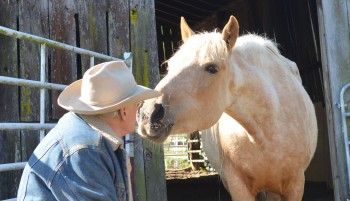
And when every fiber of my body wanted to believe that this was the moment, I would turn back to the conversation with Kathleen. Finally on that 35th day (which happened to be my birthday) she made her decision and it was as if she had flipped a light switch. She decided we had given her no reason not to trust. She decided she was in. All in.
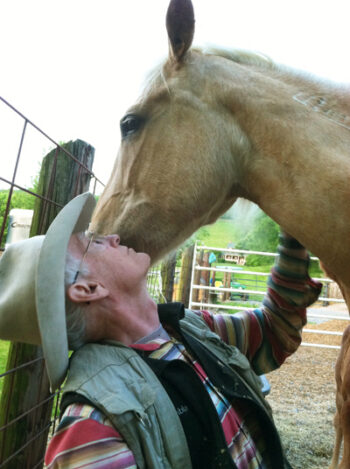
She was all over me, blowing in my ear, napping on my shoulder, and letting me rub and scratch her everywhere. Butt, belly, ears, feet, wherever. And her trust and willingness has never wavered.
But Saffy isn’t really the norm. Usually every horse of every beginner has experienced other humans before you. Because, in the beginning, we all want a horse that has been ridden, is calm, well-behaved, safe. Not at all a bad check list… but there can be more under the surface. Kathleen’s Skeeter fits that list exactly. But we were far enough into our journey when Skeeter came along that we asked a lot of questions. Like why is he so calm, so well-behaved, so safe? Those questions were partially answered by the more than one hundred scars in his sides from the misuse of spurs. He was eighteen years old, and on the best information we could uncover he had lived his entire lifetime in a stall. He had never been allowed to live like horses are genetically designed to live. At eighteen, he had long passed the point of merely fearing the way he was going to be treated by the next humans in his life. He was assuming it would be the same as it had always been, so he was trying to short-circuit the fear by saying: See what a nice horse I can be. How calm and compliant. I’m such a good boy. Please pretty please don’t use those spurs on me. Don’t hit me. I’ll be good. I promise.
Which made it relatively easy to do a traditional Monty Roberts Join Up. He wanted desperately to be able trust someone.
When we put him out on our steep hillside with the rest of the herd he just stood there agape for the better part of two days, having no clue what to do. It took a while for his genetics to bubble up to the surface but soon, for the first time in his life, he was a horse, not a machine, no longer a motorcycle. He gave Kathleen his trust, and taught her how to lose her fears and ride like a pro.
Too many horses that I hear about with beginners have been treated harshly by previous humans, even abused. They trust no one. And they act like they never will. Not a good matchup for a beginner. So choose your new horses carefully. But if you will just make the commitment to get the relationship right first, before anything, to give even the previously abused horse time to wipe his “human” slate clean, to gather his trust by his own free choice, even this horse can become your partner, your little brother. But you cannot do it halfway. You must put this step before anything else. Before riding, or groundwork, or anything.
There are numerous ways to effect relationship and even more personalities teaching them. Some work better than others. Monty Roberts can gather a horse’s trust in less than thirty minutes. I’ve seen him accomplish amazing results in very short times. The best place to learn from Monty is his Equus Online University. We have used Join Up with several of our horses, including Cash (Chapter Two: The Soul of a Horse). But I chose not to use Join Up with a wild mustang like our Saffron (for why please see Born Wild). No Agenda Time takes a lot longer but I think it’s more certain for a horse who was born in the wild. And it’s easy, and I’m lazy. With our Mouse I sort of made it up as we went along. She had told me that she trusted me almost right from the beginning. But Joe, how did you know, for absolutely sure, that you had her trust? Well, for starters, it had taken six strong men to get her into a trailer to travel from Iowa to Monty Roberts’ Flag is Up Farm where we would meet her and, within days, she would take her first walk with me into a trailer without so much as a blink. What Monty calls Join Up comes in many forms. I’ve seen all sorts of approaches that work just fine. The key element is that whatever you do, the horse must make the decision to trust of his own free will, his own choice, without encouragement or pressure from you or anyone. And you must be paying enough attention to recognize it when it comes. More importantly, you must not jump the gun just because you want so much for it to be so. Saffron reached out several times for that nose sniff during those 35 days. I sniffed back but understood that she was just exploring. There was nothing in that desire to sniff that said I’m ready to trust you forever. She was working her way in the right direction, but only building through baby steps. I made no attempt to engage her in any way and merely continued my conversations with Kathleen. In other words I was leaving it completely up to her. Rather than make a mistake I made no move whatsoever until she almost literally grabbed me by the shoulders and screeched Okay, already!!! I’m in!!!
God and Mother Nature have done a terrific job of creating these magnificent creatures and even though most of ours are called domestic horses, their genetics are precisely the same as our horses who came from the wild, those still living in the wild, and those who lived in the wild thousands of years ago. This is a very important piece of the puzzle. And make no mistake, it is a puzzle, full of things you need to know, not later, but now. At the beginning of your journey (or perhaps the reboot of your journey). Before you start changing lives for the better or worse. The whole story of our journey (to date) is told in two books The Soul of a Horse – Life Lessons from the Herd and its sequel Born Wild. And what a story it is as we stumble and bumble our way through the learning process so that hopefully you won’t have to. If you haven’t read them both already these two books should be required reading before you go further because with that reading, I believe, will come not just knowledge but the passion and the excitement to cause you to commit to starting your journey with horses the way it should begin, to follow these steps without waiver so that your relationship and experience will be with loving, happy and healthy horses who are willing partners and who never stop trying for you.
Please, please stop and take the time to do this, to read these books first, and then to take these steps, one at a time, resisting all urges to jump ahead, or jump around, or jump on the horse’s back until it’s time. It is so important to the ultimate outcome. And the happiness of your horses… and yourself.
I’ve found that two of the most exciting, extraordinary things you can do with your life is to realize your dreams, and to help others do the same. It not only breeds happiness and a feeling of enrichment, it tends to make the world a better place. And why else are we here, but to leave things a little better than we found them?
My fondest hope is that you might find yourself inspired and equipped to strike out against the odds; to adventure into uncharted waters with passion, honesty and integrity; and to leave the world a better place for the effort. These works, then, would truly be my most treasured achievements.
Buy ’em – Try ’em
Save 10% by clicking this link
and using the coupon code JOECAMP10 at checkout
Read More
Download Flyer
Send a copy of your Omega Nibblers email purchase confirmation to
nancy@thesoulofahorse.com
and receive a free PDF copy of Training with Treats!
——
The story of our journey with horses (to date) is told in the two books that follow: the national best seller The Soul of a Horse – Life Lessons from the Herd and its sequel Born Wild – The Soul of a Horse.
And what a story it is as two novices without a clue stumble and bumble their way through the learning process so that hopefully you won’t have to. If you haven’t read both of these books already please do because with that reading, I believe, will come not just the knowledge of discovery but the passion and the excitement to cause you to commit to your journey with horses, to do for the horse without waiver so that your relationship and experience will be with loving, happy and healthy horses who are willing partners and who never stop trying for you. Horses like ours.
Read the National Best Seller that started it all.
Now in its 17th Printing.
National Best Seller
#1 Amazon Best Seller
#1 Amazon “Hot New Releases”
At Bookstores Everywhere
Amazon & Kindle
Barnes & Noble
Order Personally Inscribed Copies of The Soul of a Horse
Order Both The Soul of a Horse & Born Wild – Save 20%
Both Personally Inscribed
Please list the names for each inscription in the “instructions to Seller” field as you check out!
Read More About The Soul of a Horse
Watch The Soul of a Horse Trailer
The highly acclaimed best selling sequel to
The Soul of a Horse – Life Lessons from the Herd
#1 Amazon Best Seller
#1 Amazon “Hot New Releases”
Amazon & Kindle
B&N
Order Personally Inscribed Copies of Born Wild
Order Both The Soul of a Horse & Born Wild – Save 20%
Both Personally Inscribed
Please list the names for each inscription in the “instructions to Seller” field as you check out!
Read More About Born Wild
Read More About The Soul of a Horse
Watch The Soul of a Horse Trailer
Watch the Born Wild Trailer
“Joe Camp is a master storyteller.” – The New York Times
“One cannot help but be touched by Camp’s love and sympathy for animals and by his eloquence on the subject.” – Michael Korda, The Washington Post
“Joe Camp is a natural when it comes to understanding how animals tick and a genius at telling us their story. His books are must-reads for those who love animals of any species.” – Monty Roberts – Author of New York Timers Best-seller The Man Who Listens to Horses
“Camp’s tightly-written, simply-designed and powerfully drawn chapters often read like short stories that flow from the heart.” Jack L. Kennedy – The Joplin Independent
“Joe Camp is a gifted storyteller and the results are magical. Joe entertains, educates and empowers, baring his own soul while articulating keystone principles of a modern revolution in horsemanship.” – Rick Lamb – TV/Radio host – The Horse Show
Watch The Soul of a Horse Book Trailer
Go to TheSoulOfaHorse.com Homepage
The Soul of a Horse Video Channel on Vimeo
Visit The Soul of a Horse Channel on YouTube














